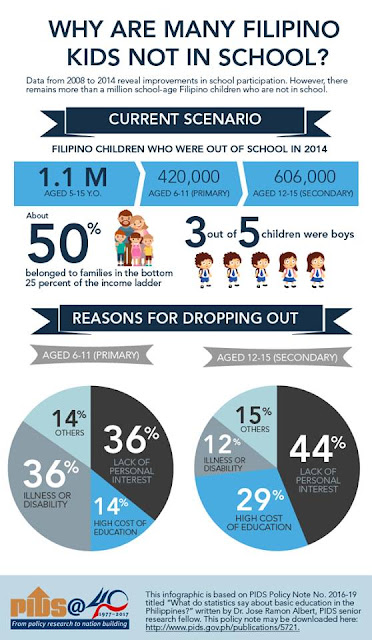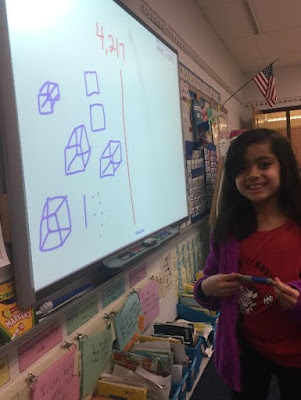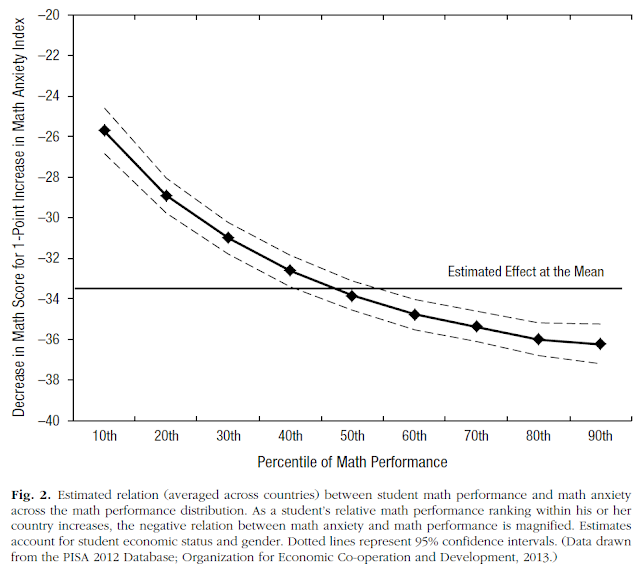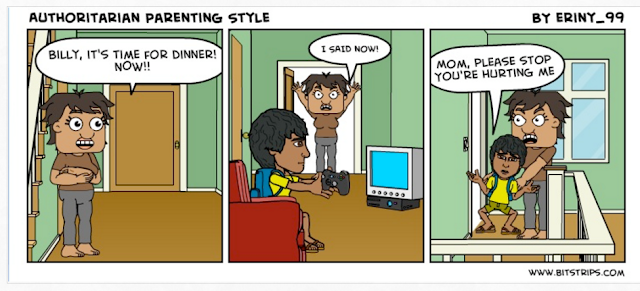The Icy Sea
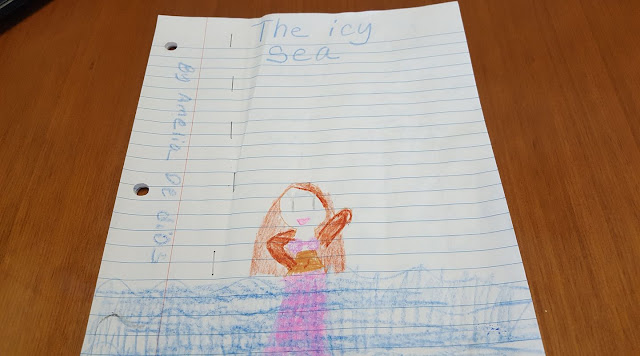
My seven-year old daughter was watching me last night as I was preparing for this morning's lecture. This lecture is the first part of a series on carbon dioxide as a greenhouse gas. I always end my General Chemistry course with this topic and this year, it is timely to highlight the most recent report from the Arctic Council . The changes in snow, sea ice, and permafrost are undeniable. But my daughter had a different idea. She wanted to be a part of the lecture and decided to write a short story that I could then share with my students. So last night, she wrote a short story called "The Icy Sea": The Icy Sea by Amelia de Dios Long, long ago in the sea, there lived a mermaid. Her name was Tara. She was a kind girl. Not so far away, there lived a wizard named Addison and she can make things cold. One day, Addison was so bored. She has not made anything cold yet so she decided one of the worst plans ever. She was going to freeze the sea! When Tara heard about ...








